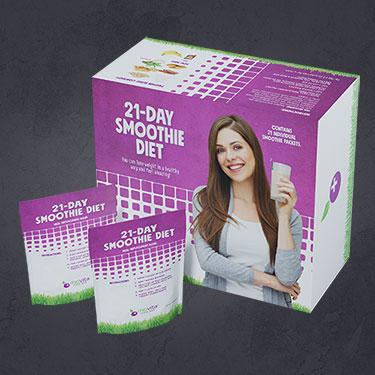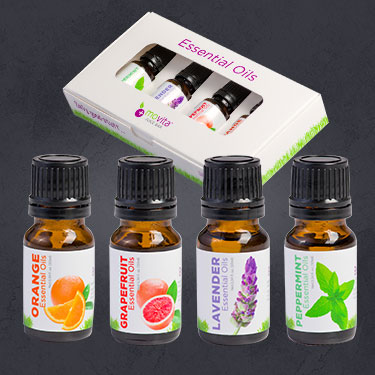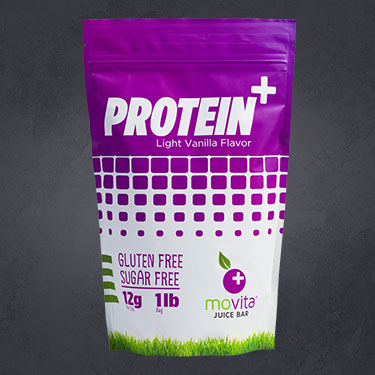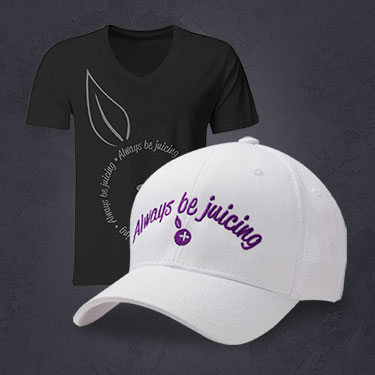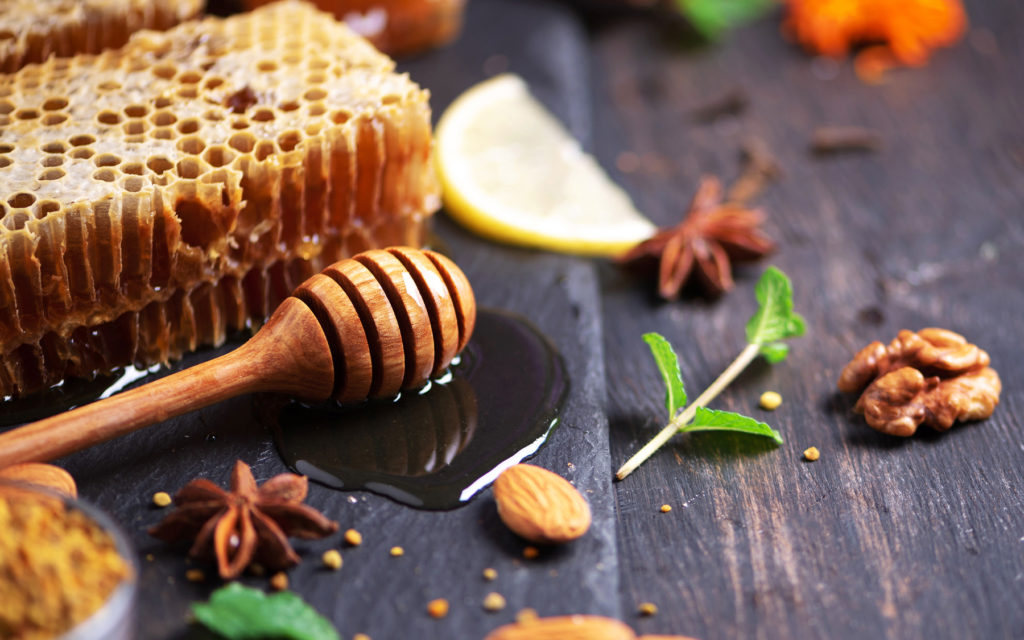
Eating a nutritious diet can improve our immune systems to not only prevent us from getting ill, but reducing the risk of serious complications if we do get sick. Let’s take a look at what nutrition can do for you!
Protein
Protein is one of three macronutrients and is needed for strong immunity. Protein provides materials for our bodies to make antibodies, white blood cells and other compounds that help fight disease. Protein is also necessary for wound healing and recovery from disease.
Most people associate animal foods with protein, which is true. Eggs, beef, fish, poultry, pork and shellfish all provide protein, but so do soy-based foods (edamame, tofu, soy milk or soy nuts). Beans, lentils, peas, nuts, seeds and nut butters and quinoa, a seed from Peru, are also good sources of protein.
While grains and vegetables contain small amounts of protein, with the exception of soy, they aren’t considered complete proteins since they’re missing some essential amino acids. Combining rice and beans or peanut butter on wheat bread makes the two a complete protein.
Vitamin D
Vitamin D has been in the spotlight most recently as research suggests that individuals with vitamin D deficiency are more likely to contract COVID and suffer more severe consequences when they do. Vitamin D improves the ability of white blood cells in your immune system to fight disease and also reduces inflammation, which may cause cell damage.
This fat-soluble vitamin can be found in dairy products as well as fortified juice or cereal, fatty fish and through casual sunlight exposure. It’s difficult to get enough through our diet.
Vitamin C
Vitamin C impacts immunity in a number of ways. For starters, it supports the skin’s barrier function against pathogens and promotes antioxidant activity in the skin, which protects it from oxidative stress. Vitamin C also collects in phagocytic cells- the type of cells that “eat up” bacteria and aid in getting rid of it. It helps with ridding the body of spent neutrophils from infection sites, which decreases the chance of tissue damage.
Vitamin C deficiency results in impaired immunity and higher risk of infections. Deficiency of this water-soluble vitamin can be prevented through regular intake of fruits and vegetables like peppers, citrus fruits, berries, broccoli and tomatoes.
Iron
Most people think of iron when they think of the health of their blood, but this mineral is quite important in immunity. Iron is needed for cell differentiation and cellular growth. It’s a key component in enzymes that are vital for normal functioning of immune cells.
Iron is part of hemoglobin, which carries oxygen to our body’s cells, tissues and organs. It’s also needed for our body’s ability to fight infection. Iron-deficiency is linked with poor immunity.
Iron-rich foods include beef, poultry and pork as well as lentils, quinoa and iron-fortified foods such as breads and cereals. Consuming a food high in vitamin C improves the absorption of non-animal forms of iron.
Zinc
Zinc lozenges are popular during cold and flu season, but zinc is fairly widespread in our diet, too. Zinc is needed to help activate enzymes in the body and helps with the integrity of our skin, similar to vitamin C. Zinc deficiency is linked with higher risk of infection.
While zinc won’t “cure” a cold, some studies suggest it may reduce symptoms and duration of the illness.
Zinc is found in oysters, beef, whole grains, nuts, seeds and legumes. Excessive supplements may cause a decrease in HDL (healthy) cholesterol levels.
Here are some tips to protect your immune system:
- Include a variety of fruits and vegetables in your diet daily. Sources of vitamin C include peppers, berries, broccoli, citrus fruits and spinach.
- Obtain protein in your diet with lean cuts of meat, low-fat dairy products such as Greek yogurt or string cheese or dried beans and lentils.
- Add whole grains to your diet such as oatmeal, whole wheat pasta, bran cereal or quinoa for adequate zinc and fiber.
- Add berries to iron-fortified cereals to boost iron absorption or include peppers and tomatoes in bean dishes.
- Drink plenty of water. Water helps keep mucous membranes moist, which helps protect the lining of our lungs and gut from harmful bacteria. Aim for at least 6 to 8 cups of water daily.
- Get enough vitamin D in your diet through dairy products, fatty fish or dietary supplementation (if needed).
- Finally, getting enough sleep, reducing stress and doing regular exercise also improve our immune systems and should not be ignored. Have a safe and healthy holiday season!
DISCLAIMER: These statements have not been evaluated by the FDA. The information is for informational purposes and is not intended to treat, diagnose or cure any illness. Consult a physician before taking any action.
Want to contribute great content?
We are looking for contributors provide our readers with great healthy content to encourage positive living. If you're interested in becoming a contributor pease email us at blog@movitajuicebar.com
